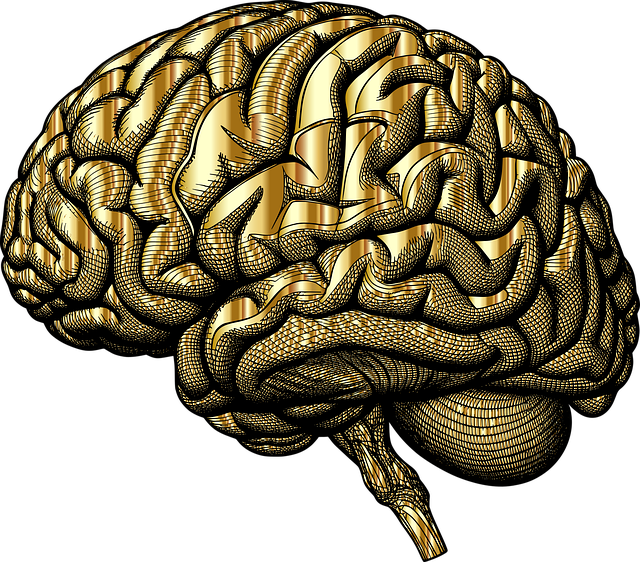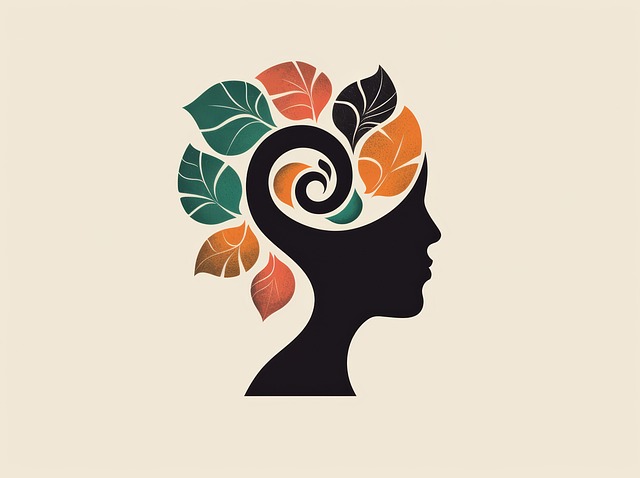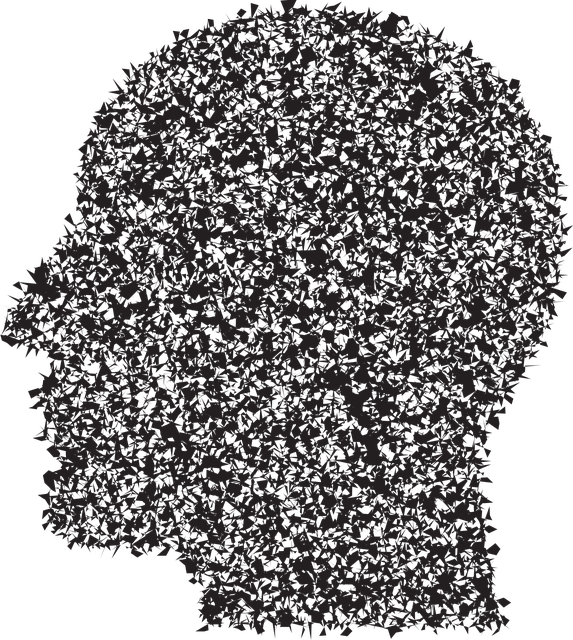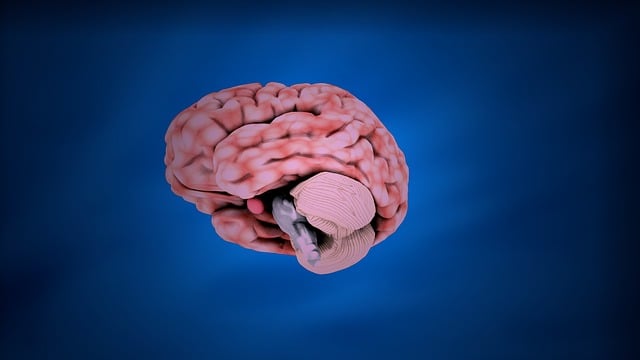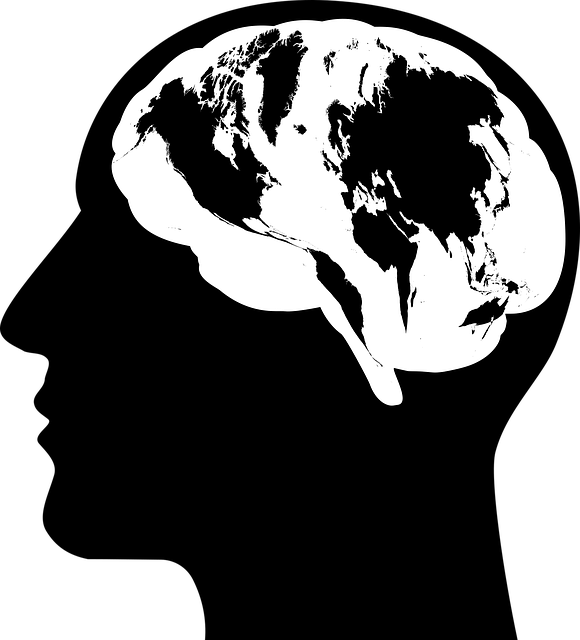In today's diverse healthcare landscape, cultural competency is crucial for effective treatment of adult depression. Biases rooted in history, society, and economics significantly impact care, leading to disparities. Healthcare Provider Cultural Competency Training equips professionals with skills to address these barriers, improving therapy outcomes for adults dealing with depression across varied cultural backgrounds. Interactive training methods, emphasizing positive thinking and compassion cultivation, enhance communication dynamics and foster trust. Evaluating training success goes beyond satisfaction surveys, tracking clinical improvements and integration of learned skills into daily practice in diverse healthcare settings.
Healthcare provider cultural competency training is an essential component of delivering effective patient care, especially in diverse communities. This article explores the critical need for such training, focusing on its impact on adult depression treatment. We delve into how cultural biases can hinder progress in mental health, and provide a framework for designing and implementing impactful programs. Additionally, we discuss measurement strategies to ensure success, emphasizing the importance of evaluating training effectiveness, particularly in addressing therapy for adults with depression.
- Understanding Cultural Competency in Healthcare: A Necessity for Effective Patient Care
- The Impact of Cultural Biases on Adult Depression Treatment
- Designing and Implementing Training Programs for Healthcare Providers
- Measuring Success: Evaluating the Effectiveness of Cultural Competency Training
Understanding Cultural Competency in Healthcare: A Necessity for Effective Patient Care

In today’s diverse healthcare landscape, understanding cultural competency is no longer an option but a necessity for effective patient care. Cultural competency refers to the ability of healthcare providers to recognize and appreciate the cultural differences and beliefs of their patients, and to deliver services that are respectful, accessible, and sensitive to these variations. This is particularly crucial when addressing mental health issues, such as depression among adults, where cultural context plays a significant role in diagnosis, treatment, and recovery. For instance, Mental Illness Stigma Reduction Efforts have shown that healthcare providers who engage in Compassion Cultivation Practices can foster more open conversations with patients, leading to better outcomes.
Healthcare Provider Cultural Competency Training equips professionals with the skills to navigate these complex interactions. By learning to recognize and address cultural barriers, healthcare providers can ensure that therapy for adults depression is tailored to each patient’s unique needs and background. This not only improves patient satisfaction but also enhances the overall quality of care. In essence, embracing cultural competency is a vital step towards creating an inclusive healthcare system that truly supports the well-being of all individuals, regardless of their cultural or ethnic backgrounds.
The Impact of Cultural Biases on Adult Depression Treatment

Cultural biases within healthcare systems can significantly impact the treatment of adult depression, often leading to disparities in care and outcomes. These biases, shaped by historical, social, and economic factors, influence how mental health professionals perceive and approach different cultural groups. For instance, certain racial or ethnic minorities may face stereotypes related to mental illness, causing healthcare providers to misdiagnose or under-treat their conditions. This is particularly concerning for adult depression, as cultural barriers can prevent individuals from seeking help or receiving appropriate therapy.
Mindfulness meditation and community outreach program implementations have emerged as potential strategies to address these challenges. Emotional healing processes that incorporate cultural sensitivity training empower mental health professionals to offer tailored support. By recognizing and challenging their own biases, therapists can create safer spaces for diverse patients, fostering trust and improving treatment adherence. This, in turn, enhances the overall effectiveness of therapy for adults dealing with depression across various cultural backgrounds.
Designing and Implementing Training Programs for Healthcare Providers

Designing and implementing effective training programs for healthcare providers is a multifaceted process that requires careful consideration of diverse learning needs and cultural contexts. These programs aim to enhance care delivery by promoting understanding and sensitivity to patients’ cultural backgrounds, beliefs, and values. A well-structured Mental Health Education Programs Design should go beyond surface-level awareness, focusing on practical skills for navigating complex communication dynamics and delivering inclusive therapy for adults with depression.
Incorporating strategies like role-playing, case studies, and interactive workshops can facilitate learning in diverse settings. Depression Prevention initiatives within these training programs must emphasize the importance of positive thinking as a foundational aspect of mental health support. By fostering an environment that encourages open dialogue about cultural differences and mental health challenges, healthcare providers are better equipped to offer compassionate and culturally competent care, ultimately improving patient outcomes and satisfaction.
Measuring Success: Evaluating the Effectiveness of Cultural Competency Training

Evaluating the success and effectiveness of cultural competency training is a multifaceted process. It’s crucial to go beyond simple participant satisfaction surveys and assess the tangible impact on patient outcomes, particularly in diverse healthcare settings. This can involve tracking changes in clinical measurements such as reduced disparities in treatment outcomes between different ethnic or cultural groups. For instance, in the context of therapy for adults with depression, culturally competent interventions may lead to improved adherence to treatment plans and higher rates of recovery.
Beyond clinical measures, measuring success can also include gauging the adoption and integration of learned skills into daily practice. This could be through self-assessments or peer feedback, demonstrating improved cultural sensitivity in interactions with patients. The implementation of mental wellness journaling exercises, stress reduction methods, and compassion cultivation practices—all potential components of cultural competency training—can be evaluated for their effectiveness in enhancing both patient experiences and provider well-being.
Cultural competency training is a vital tool in enhancing healthcare services, especially in addressing therapy for adults with depression. By understanding and overcoming cultural biases, healthcare providers can offer more effective treatments tailored to diverse patient needs. The success of these initiatives lies in well-designed training programs that are regularly evaluated for their impact on both provider skills and patient outcomes. Such efforts ensure that the mental health care sector becomes increasingly inclusive and responsive to the unique cultural contexts of those seeking treatment for depression.
